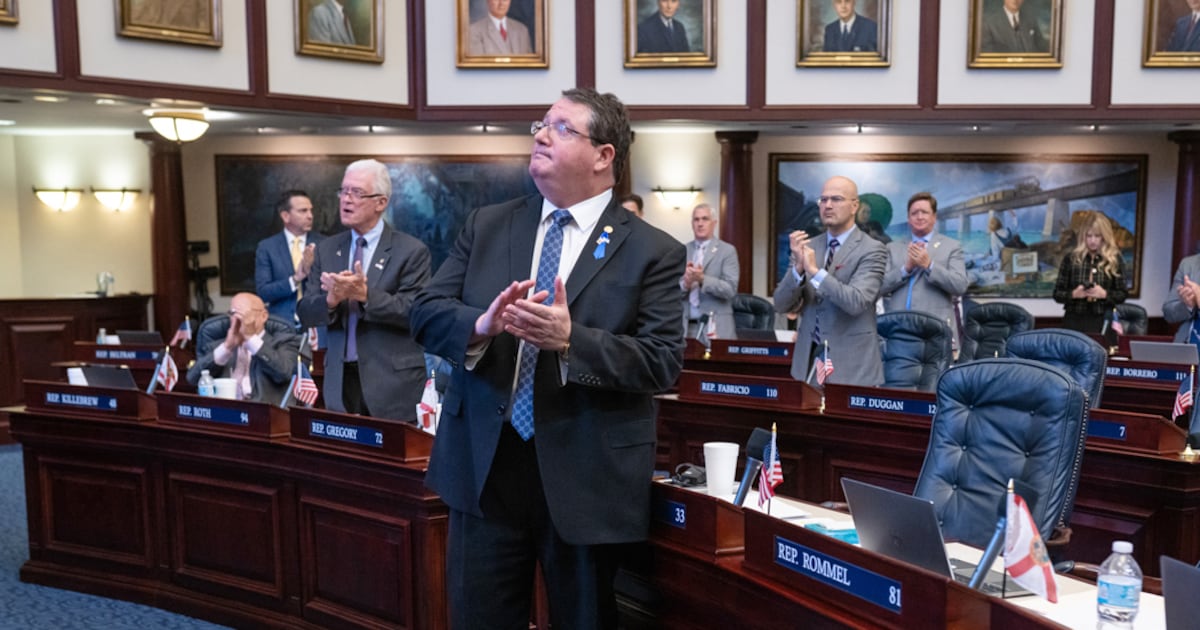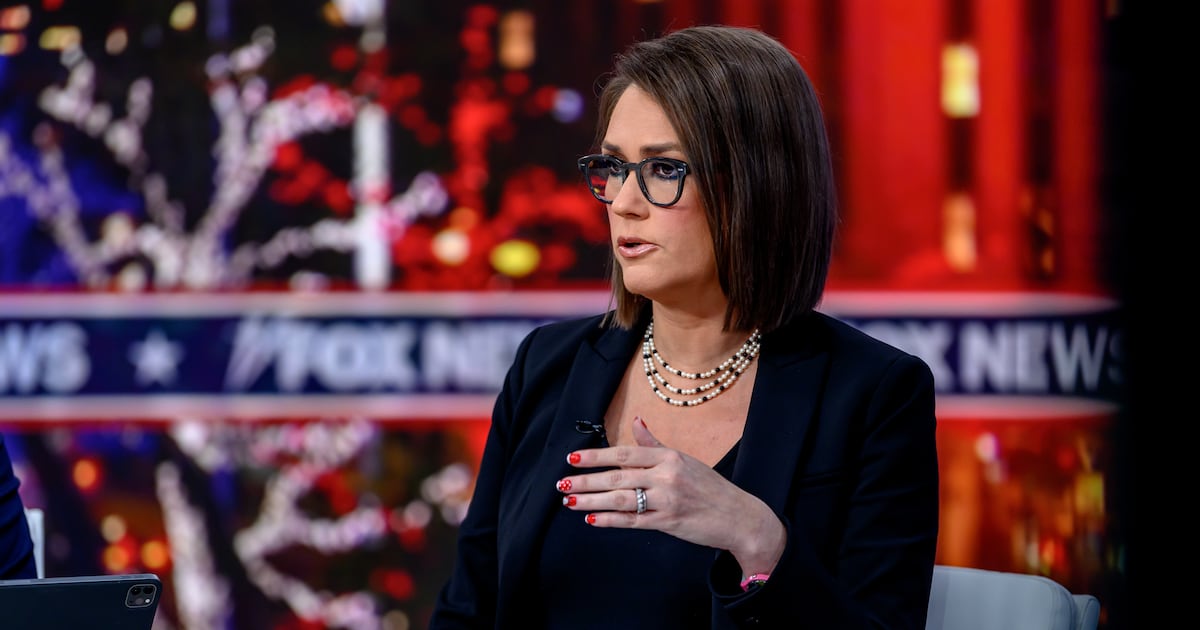“In every area, women have steadily made progress—except at the top,” said Sheryl Sandberg, COO of Facebook. “Where are we? Are we stalled?”
The jobs held by some of the women on the panel gave one answer to the question. As Sandberg noted, in 1962, the then-editor of The New York Times said, “No woman will ever be editor of The New York Times.”
Today, said, Jill Abramson, the executive editor of The Times and the first woman to hold that position, “In our newsroom, nearly 40 percent of senior editors and managers are women, and then, of course, there’s me.”
ADVERTISEMENT
Women have also assumed power in new ways, said Ms. Magazine founder Gloria Steinem. “We look too much at positions that used to be held by men. Any social justice movement creates new positions, as in organizations like Planned Parenthood, and we need to look also at the positions women have created.”

But enormous problems remain. “I have been most disappointed in not seeing some of the progress I would have expected to see, not only in our country but in the world. Women are still being brutally raped,” said Cheryl Mills, Counselor and Chief of Staff at the U.S. Department of State.
“The most challenging thing for my generation is that we were told that we are equal, and when we go into the work force we hit these barriers, and we think it must be our fault, that it’s an individual problem,” said Shelby Knox, director of political organizing for Change.org. “My generation’s problem is figuring out how do we get there not only individually but collectively, because the solutions for my generation are not going to be individual.”
There is much reason for hope in the long term, said Steinem. “Young women are much more likely to support feminist issues than older women are.”
But at present, “We are at the critical mass stage and therefore we are getting more resistance,” she said. “Female authority is still associated with childhood, and the last time a lot of powerful guys saw a powerful woman they were eight, and they feel regressed to childhood by a powerful woman in a way that they don’t feel with a man.”
Part of the solution to seeing more women in power is “giving yourself permission to want it,” said Mills. “Wanting it might mean that some people are not comfortable with you.”
In order to get things moving, said Abramson, “Instead of asking whether we’re stalled or making progress, we should be asking, 'What can we do to actually affect the answer to the question?'”
And collective action will be necessary. “We are, among modern democracies, the worst in the world about making it possible for parents to have a life outside the home and still be parents,” said Steinem. “We want men to be able to be parents, too. We’re not just talking about integrating things the way they are, we’re talking about transforming them. It’s about a different view—of the acceptability of violence, of the relationship to nature—so it’s going to take a little bit of time.”
If she could choose to change only one thing, Steinem added, “I would choose reproductive freedom. It’s at least as big and important as freedom of speech. It’s the single biggest element in how healthy we are and whether we work outside the home. And it’s why violence is directed at women to control women’s bodies.”





